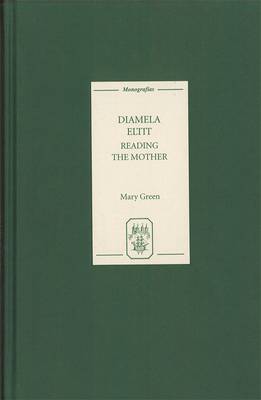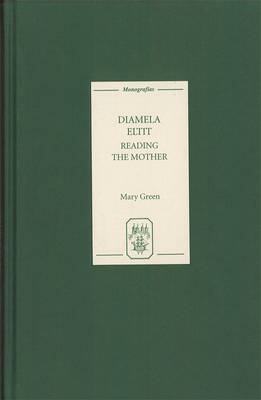
- Afhalen na 1 uur in een winkel met voorraad
- Gratis thuislevering in België vanaf € 30
- Ruim aanbod met 7 miljoen producten
- Afhalen na 1 uur in een winkel met voorraad
- Gratis thuislevering in België vanaf € 30
- Ruim aanbod met 7 miljoen producten
Zoeken
€ 97,95
+ 195 punten
Omschrijving
The textual and linguistic emphasis on the maternal body in the narrative fiction of Diamela Eltit is fundamental to understanding the critical challenge posed by her work in the Chilean context. The Chilean author, Diamela Eltit, whose work spans the periods of the Pinochet dictatorship (1973-1990) and the Transition to Democracy (1990-), is one of the most innovative and challenging writers in contemporary Latin America.This book focuses on the representation of motherhood in Eltit's first six novels and, through a chronological series of close readings, argues that the maternal body and mother-child relations are crucial for an understanding ofthe critical challenge posed by Eltit's narrative oeuvre, too frequently dismissed as 'hermetic'. An analysis of the novels' structure and language reveals how Eltit seeks to reconfigure the foundations of symbolic structures andso incorporate the mother as a subject. Although the study draws on a feminist psychoanalytic framework to explore Eltit's continuous disarticulation of key concepts that emanate from the West, specifically in relation to the formation of gender and sexuality, the work of the major Chilean cultural theorist, Nelly Richard, is also used to situate Eltit's work within the political and cultural context of Chile. MARY GREEN lectures in Hispanic Studies at the University of Wales, Swansea.
Specificaties
Betrokkenen
- Auteur(s):
- Uitgeverij:
Inhoud
- Aantal bladzijden:
- 180
- Taal:
- Engels
- Reeks:
- Reeksnummer:
- nr. 249
Eigenschappen
- Productcode (EAN):
- 9781855661554
- Verschijningsdatum:
- 17/11/2007
- Uitvoering:
- Hardcover
- Formaat:
- Genaaid
- Afmetingen:
- 236 mm x 152 mm
- Gewicht:
- 430 g

Alleen bij Standaard Boekhandel
+ 195 punten op je klantenkaart van Standaard Boekhandel
Beoordelingen
We publiceren alleen reviews die voldoen aan de voorwaarden voor reviews. Bekijk onze voorwaarden voor reviews.











